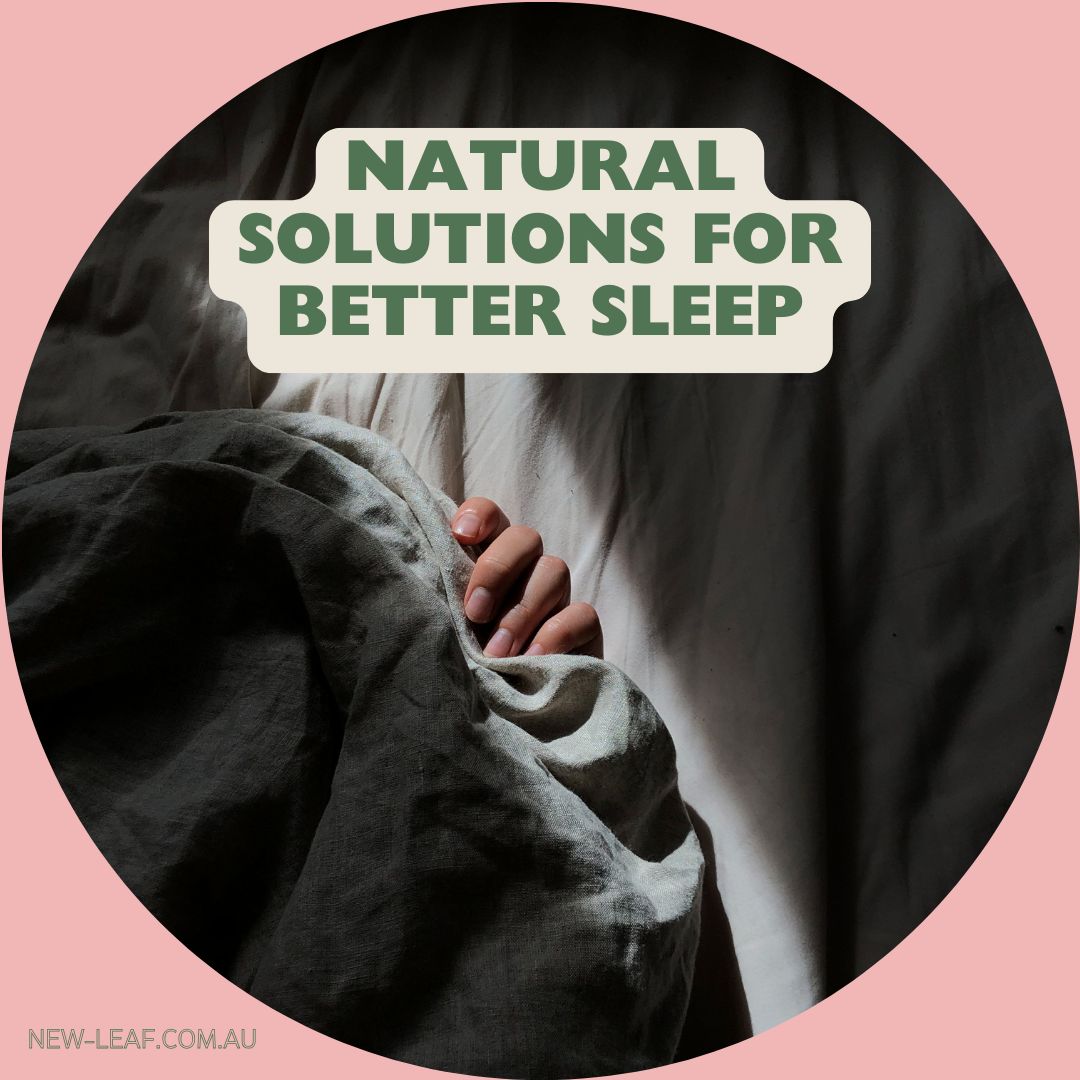
Struggling to catch those Zs? You're not alone! Are you wondering what are the most effective natural sleep aids?
Insomnia or disrupted sleep can be very impactful to your life, and your mental health.
Getting a good night's sleep is essential for your brain, your hormones and your immune health. People are always asking us "how can I get a better night's sleep" - sometimes the answer is easy - and sometimes we'll need to dig in a bit deeper to get you the help you need - but here's some suggestions to get you started.
Let's dive into some natural ways to improve your sleep quality!
Magnesium is a powerhouse when it comes to sleep improvement:
Absolutely! Some sleep-promoting foods include:
Yes - sleep hygiene is so important, it does feel pretty boring BUT it makes a difference. Beyond supplements and diet, consider these sleep-enhancing habits:
While individual needs may vary, studies have shown benefits with magnesium supplementation in the range of 300-600 mg before bedtime - there are many different forms of magnesium to try - it's best to avoid ones that contain "Magnesium Oxide (heavy)" as they often cause an upset stomach. We love a Magnesium Glycinate for sleep - and some are easily found at the Healthfood store. However, it's always best to consult with a qualified health professional - like a naturopath to ensure you're taking the right dose and at the right time!
Always consult with a healthcare provider before starting any new supplement, especially if you have existing health conditions or are taking medications. Remember, while these natural remedies can be helpful, persistent sleep issues may require professional medical advice. Sweet dreams!
Hopefully this Journal as highlighted what are the most effective natural sleep aids and other tools you can try to help you get a better night's sleep. But, as with many things - health is complex and sometimes the simple things aren't helping. Make a telehealth appointment with a New Leaf Naturopath today to find out how we can help you.